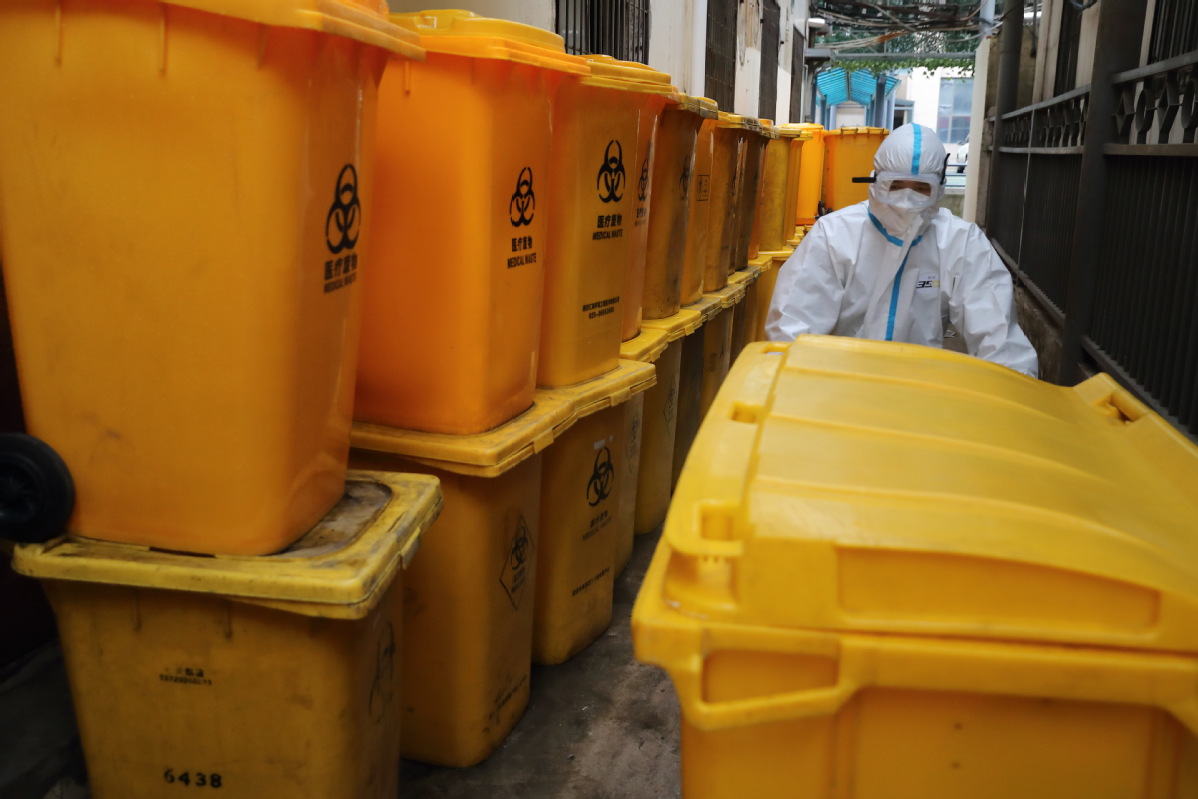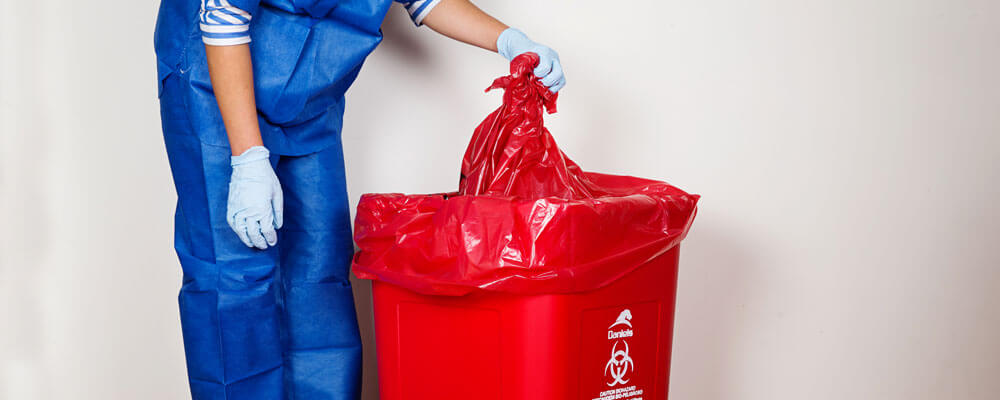Navigating Medical Garbage Disposal: Essential Services for Medical Care Facilities
Medical care centers, whether tiny centers or big medical facilities, are delegated with the duty of handling, treating, and disposing of a vast variety of medical waste streams. Understanding the crucial services that sustain clinical waste disposal is not simply an issue of compliance however likewise a fundamental part in guarding public wellness and ecological well-being.
Regulatory Conformity Support
For medical care facilities, ensuring governing compliance support is important to keep correct handling and disposal of clinical waste. By partnering with regulative conformity professionals, medical care facilities can remain up-to-date on progressing guidelines, reduce threats linked with incorrect waste disposal, and ultimately contribute to a safer and a lot more lasting environment for all.
Waste Partition Guidance

Medical care facilities need to supply clear guidelines and training to personnel on exactly how to set apart waste efficiently. This consists of dividing general waste from unsafe materials such as sharps, infectious waste, drugs, and chemical waste.
Collection and Transport Services

Correct collection and transport solutions are important parts of the medical garbage disposal process in healthcare facilities. These solutions make sure that hazardous materials are taken care of safely and in conformity with policies to shield both the atmosphere and public wellness. Healthcare facilities rely on specialized waste administration firms to give reliable collection and transport solutions customized to their requirements.
Clinical waste collection includes segregating different kinds of waste at the factor of generation, making use of color-coded bags or containers to identify in between basic, hazardous, pharmaceutical, and other waste streams. When accumulated, the waste is transported in specialized automobiles furnished to handle harmful materials securely.
Treatment and Disposal Solutions
In the world of clinical waste disposal for healthcare centers, after the important stage of collection and transportation services, the focus moves towards executing reliable treatment and disposal options. Therapy options usually involve procedures such as autoclaving, which makes use of vapor under stress to sanitize the waste. This approach is commonly utilized for transmittable waste that must be rendered non-hazardous prior to disposal. An additional prevalent treatment method is incineration, where waste is subjected to high temperatures in controlled setups to minimize its quantity and remove virus.
Disposal services incorporate the final action in the medical waste administration process. Facilities might choose garbage dump disposal, where dealt with waste is carefully transferred in marked locations. Medical Waste Disposal Services. Additionally, health care facilities can select to use waste-to-energy centers, which blaze waste to create electrical energy. Recycling and source recuperation are also gaining traction as lasting disposal alternatives for certain types of clinical waste materials.
Efficient treatment and disposal services are extremely important in making certain compliance with regulations and protecting public wellness and the setting. Healthcare centers should carefully examine and pick ideal techniques that straighten with their waste management goals and sustainability initiatives.
Staff Training and Education And Learning

To properly manage medical garbage disposal in medical care centers, extensive staff training and education play an important function in ensuring adherence to regulatory requirements and maintaining a safe environment. Proper training gears up team with the expertise and skills needed to take care of various types of medical waste, segregate them properly, and package them securely for disposal. By informing employees on the risks linked with inappropriate handling of medical waste, facilities can minimize the chance of crashes, contamination, and governing offenses.

Conclusion
In conclusion, healthcare centers rely upon important medical garbage disposal services to guarantee regulatory compliance, correct waste segregation, risk-free collection and transportation, efficient therapy and disposal, as well as staff training and education. These services play a crucial function in keeping the health and wellness of both medical care employees and the basic public, highlighting the significance of proper monitoring of clinical waste in healthcare setups.
For healthcare centers, guaranteeing governing compliance support is essential to visit here maintain proper handling and disposal of medical waste. Waste segregation includes classifying various kinds of medical waste to make sure suitable handling, therapy, and disposal. This consists of separating basic waste from dangerous products such as sharps, transmittable waste, pharmaceuticals, and chemical waste.Clinical waste collection includes segregating various types of waste at the point of generation, using color-coded bins or bags to identify between general, harmful, pharmaceutical, and various other waste streams.In the realm of clinical waste disposal for medical care facilities, after his comment is here the vital phase of collection and transport solutions, the emphasis shifts towards applying reliable treatment and disposal solutions.